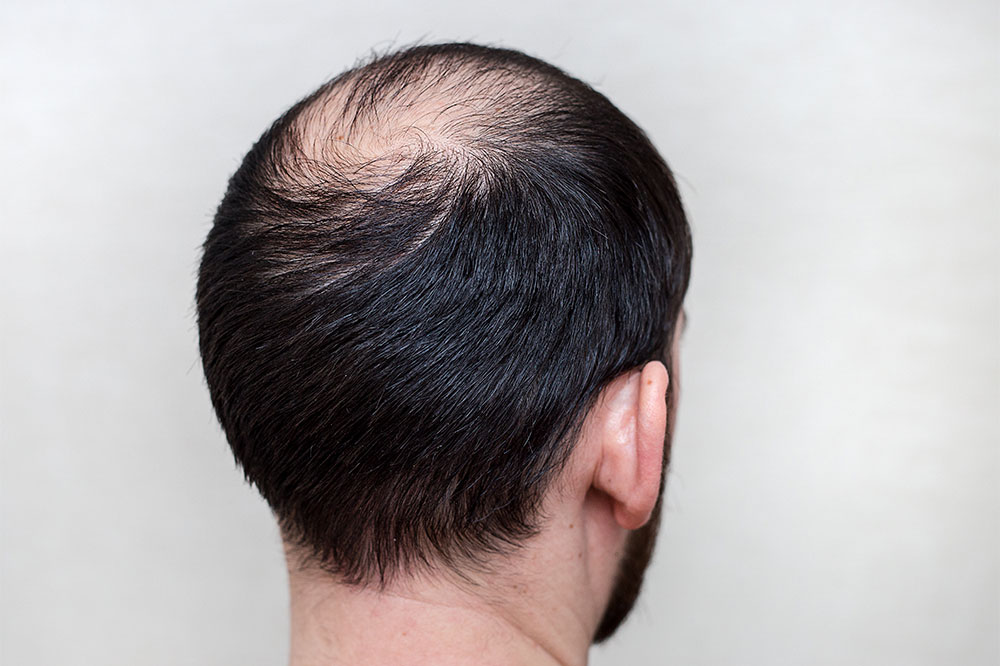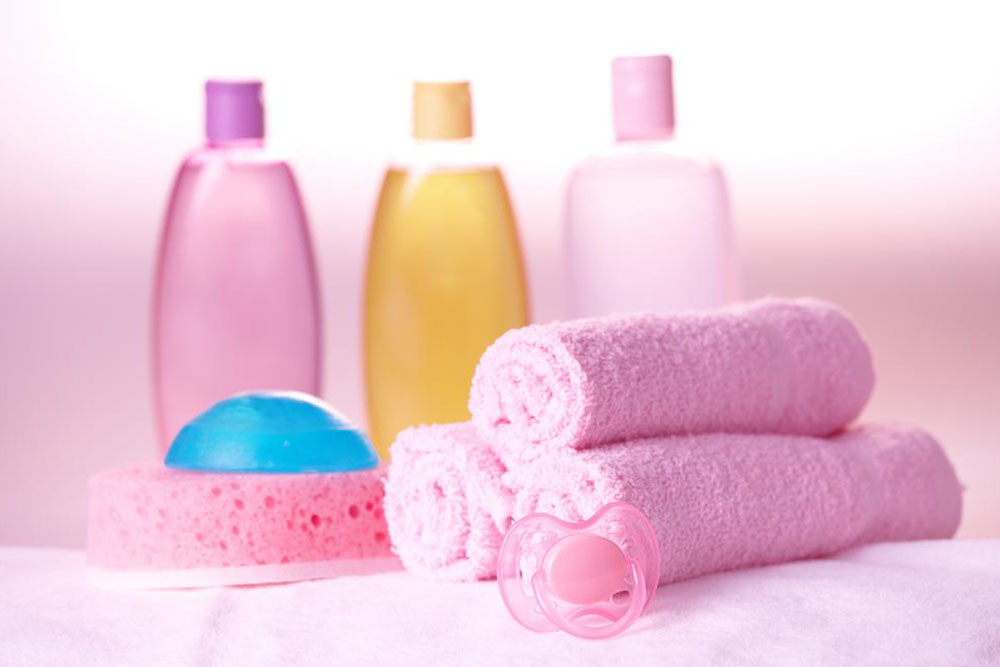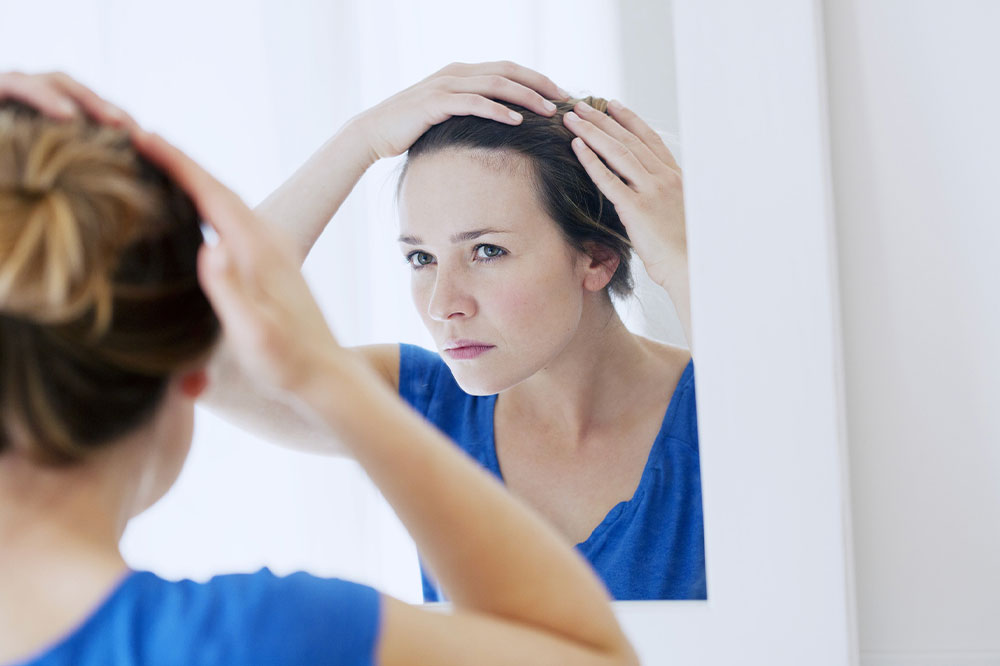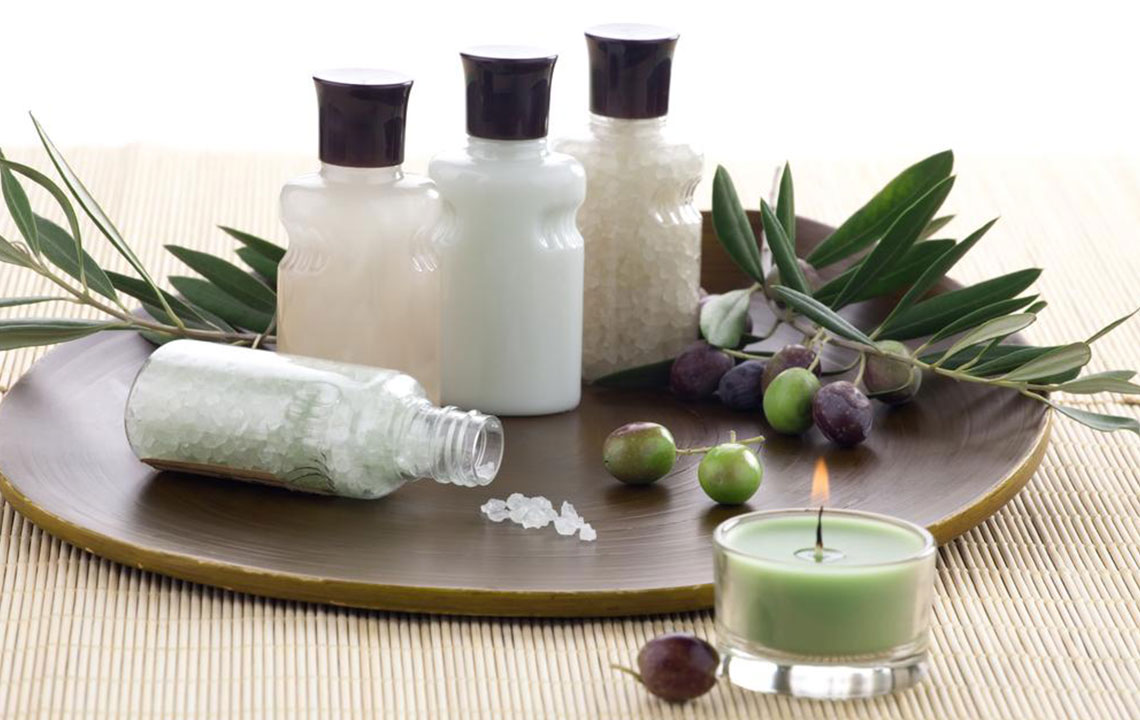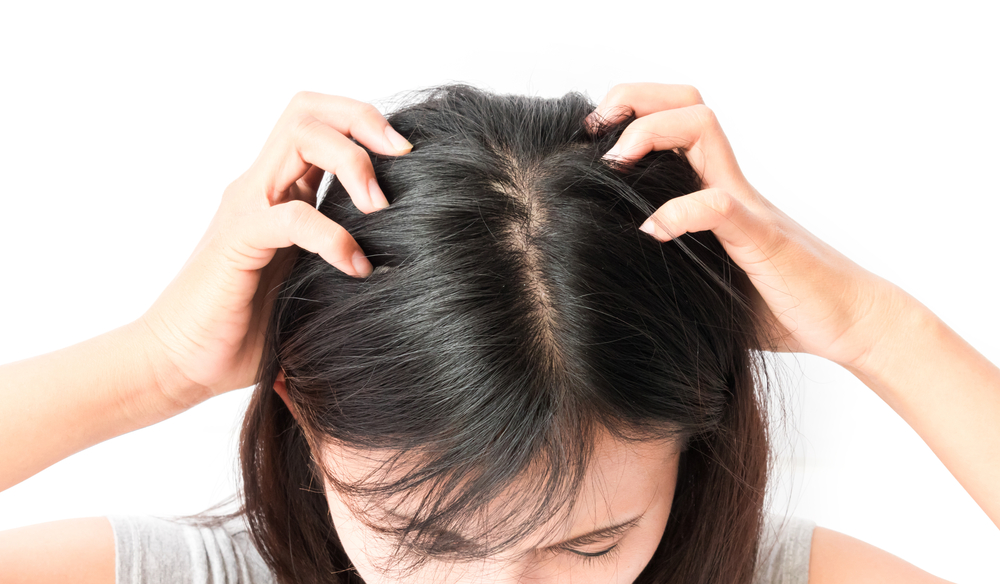Comprehensive Guide to Managing Itchy Scalp: Causes, Symptoms, and Effective Remedies
This comprehensive article delves into causes, symptoms, and effective remedies for itchy scalp problems. It highlights common issues like dandruff, dryness, and infections, and offers practical treatment tips to promote healthy scalp and hair. Learn how to identify the root cause and adopt targeted care routines for relief and healthier hair growth.
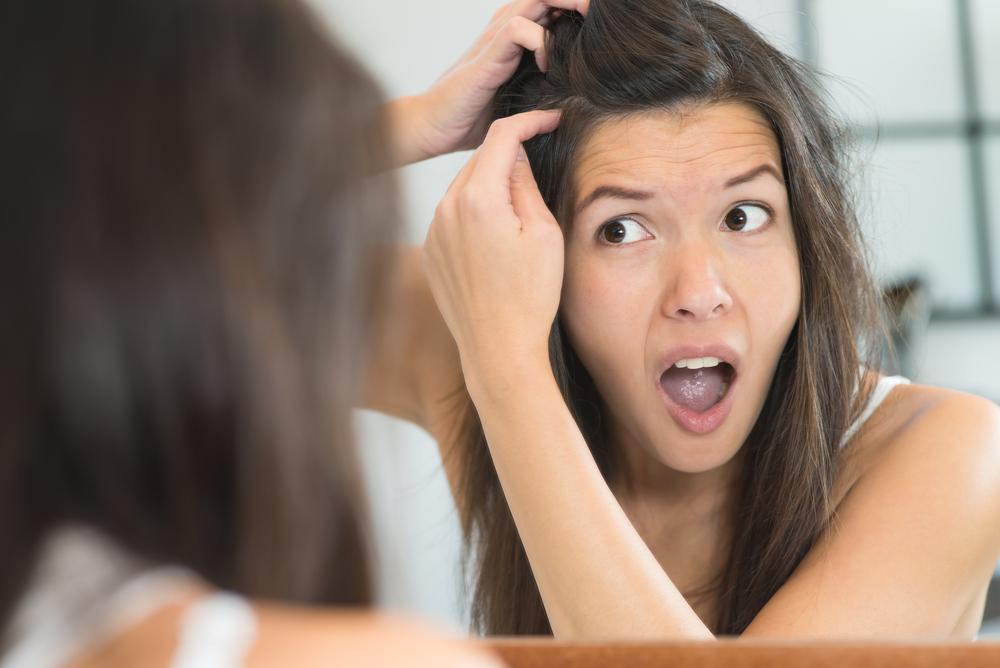
Comprehensive Guide to Managing Itchy Scalp: Causes, Symptoms, and Effective Remedies
Experiencing an itchy scalp can be both uncomfortable and frustrating. This common scalp issue affects people of all ages and backgrounds, often resulting from various underlying factors. While it might seem like a minor nuisance, persistent scalp itching can indicate underlying health issues that require proper attention and treatment. Understanding the specific causes of itchy scalp, recognizing its symptoms, and adopting suitable remedies are essential steps toward alleviating discomfort and maintaining healthy hair and scalp.
This extensive guide explores the primary causes of itchy scalp, discusses symptoms to watch for, and offers effective treatment options to restore scalp health and comfort.
Understanding the causes of an itchy scalp
One of the most common reasons for scalp itching is dandruff, which can be caused by an overgrowth of yeast on the scalp or an imbalance in oil production. Dandruff often results in flaky, itchy patches that can be visible on hair or clothing.
Excessive oiliness or production of sebum can clog hair follicles and contribute to scalp discomfort and itching. An overly oily scalp also creates a breeding ground for bacteria and fungi leading to further irritation.
Dry scalp conditions, often caused by harsh hair products, environmental factors, or underlying skin conditions, result in flakiness, tightness, and persistent itchiness.
Infections such as scalp lice or bacterial or fungal infections can cause localized itching, swelling, and discomfort. These require specific treatments and medical attention.
Hormonal fluctuations, stress, and diet can also influence scalp health, exacerbating itchiness and other scalp issues.
Understanding these causes is vital to selecting the appropriate treatment. Whether the issue is dandruff, dryness, or an infection, targeted care can significantly reduce symptoms and promote healthier scalp conditions.
How dryness and sensitivity lead to scalp itchiness
Skin conditions like psoriasis are characterized by red, scaly patches that often become inflamed and itchy. Psoriasis is an autoimmune disorder that accelerates skin cell turnover, leading to buildup and irritation on the scalp surface.
Eczema, another inflammatory skin condition, often presents as dry, itchy patches that can rupture, bleed, or become infected if scratched excessively.
Individuals with sensitive skin may react badly to specific hair care products, environmental pollutants, or chemicals, resulting in redness, swelling, and itchiness of the scalp.
Chlorinated water from swimming pools is known to cause scalp irritation, leading to dryness and increased sensitivity in some individuals.
Addressing these skin-related conditions involves a combination of medical treatments and gentle hair care practices. Consulting a dermatologist is recommended for persistent or severe symptoms.
Effective remedies for an itchy scalp
First and foremost, identifying and treating the root cause is crucial. For dandruff, medicated anti-dandruff shampoos containing ingredients like zinc pyrithione, ketoconazole, or salicylic acid can be effective within a week or two.
Regular scalp massages with natural oils, such as coconut or tea tree oil, can improve blood circulation, reduce dryness, and provide soothing relief.
Developing a consistent hair care routine that emphasizes gentle cleansing and avoidant of harsh chemicals helps prevent further irritation and dryness.
Switching to sulfate-free shampoos and avoiding products with parabens, alcohol, or synthetic fragrances can prevent scalp dryness and inflammation.
In cases of sensitivity or allergic reactions, patch testing new products or choosing hypoallergenic options is advisable.
Maintaining overall scalp health involves adopting healthy habits, such as avoiding excessive heat styling, limiting hair coloring chemicals, and protecting hair from environmental damage.
Is hair loss related to an itchy scalp?
Repeated scratching or vigorous handling of the scalp can cause hair breakage, leading to thinning and patchy hair loss over time.
While dry or sensitive scalps do not directly cause hair loss, underlying conditions like psoriasis or eczema can affect hair follicles and contribute to hair fall.
Effective management of scalp conditions and avoiding mechanical damage can promote healthier hair growth and prevent further hair loss.
Protecting the scalp from environmental damage—such as UV rays or pollution—and avoiding tight hairstyles can reduce strain on hair follicles and support scalp health.
